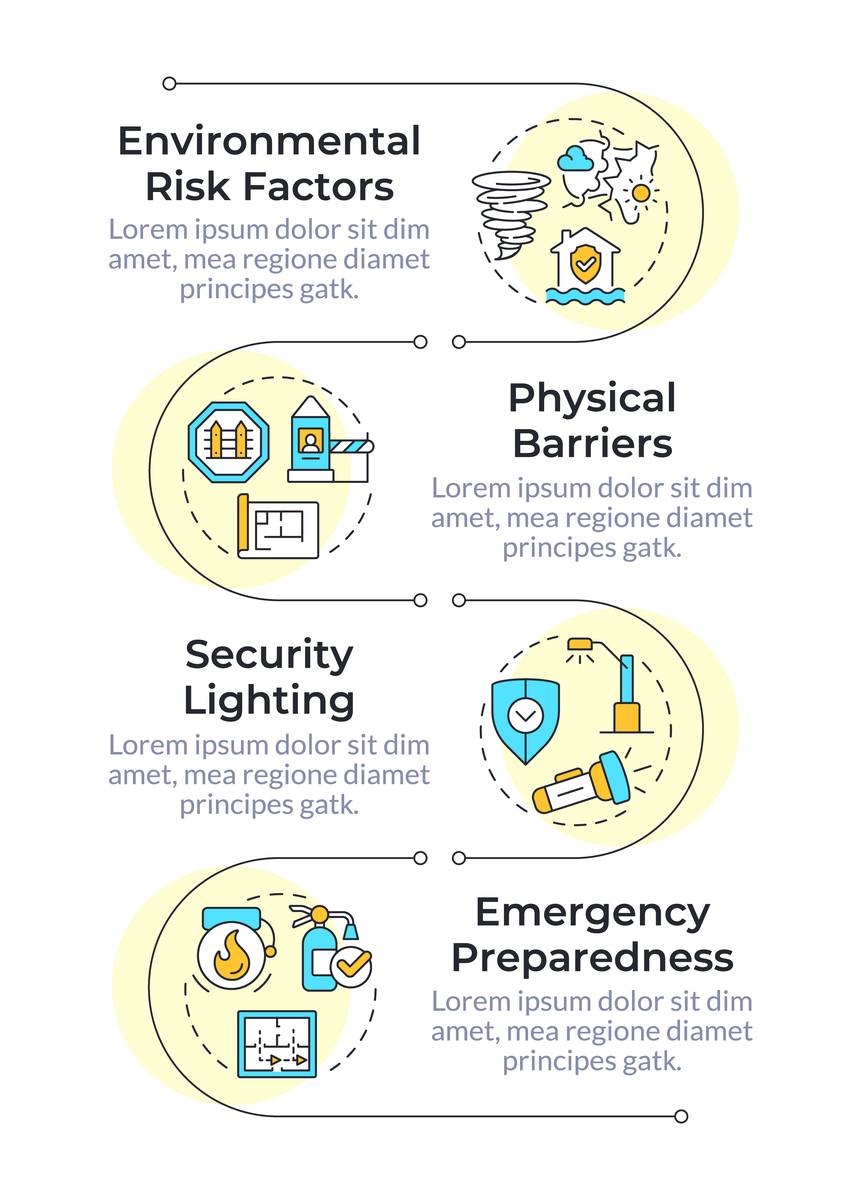AI in Healthcare: Diagnosing & Treating Patients with Artificial Intelligence
This article examines the growing role of artificial intelligence (AI) in the healthcare industry, particularly its impact on patient diagnosis and treatment. AI is being utilized to analyze patient data and develop customized treatment plans, while also identifying potential health risks and predicting the likelihood of certain diseases.
One of the article's key highlights is the use of AI in cancer diagnosis. AI's ability to analyze medical images and detect patterns invisible to the human eye allows for earlier detection and more accurate diagnoses. This has the potential to significantly improve cancer treatment outcomes and save lives.
Another significant highlight is the use of AI in personalized medicine. By analyzing a patient's genetics, lifestyle, and medical history, AI can create tailored treatment plans that are more effective and minimize the risk of adverse reactions. This approach, known as precision medicine, has the potential to revolutionize healthcare.
The article also addresses the potential downsides of AI in healthcare, such as the requirement for vast amounts of data to train AI algorithms and the risk of bias in the data. Healthcare providers must carefully consider the limitations and potential risks associated with AI implementation in their practice.
In conclusion, the article emphasizes the numerous ways in which AI is transforming the healthcare industry and enhancing patient outcomes. However, it is crucial for healthcare providers to carefully assess the potential limitations and risks of using AI and to prioritize patient safety and privacy.

原文地址: https://www.cveoy.top/t/topic/nib7 著作权归作者所有。请勿转载和采集!